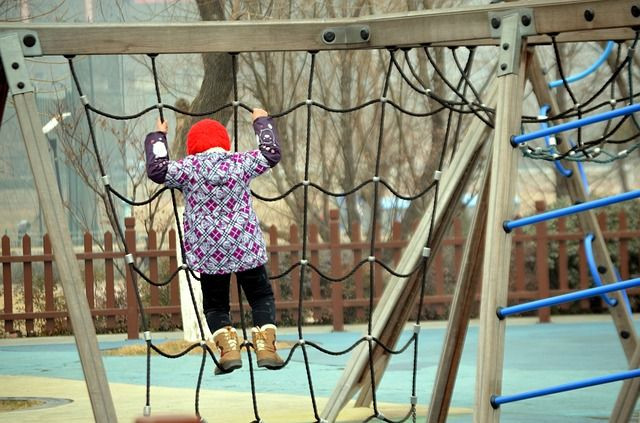Exercise Motivation Hacks For ADHD, Autistic Young People: Brain Benefits Of Staying Active, Having Fun

Exercise is important for physical health, but staying active also has proven brain benefits. A small international study from researchers at the Medical College of Georgia at Augusta University has examined the best way to help young people with neurodevelopmental disorders, such as autism and attention deficit/hyperactivity disorder (ADHD), get the kind of consistent exercise that would also help them reap mental benefits.
Findings state that the most effective way of helping these young kids to get more exercise is to make the activity fun. Focusing on an activity or sport that comes easily to the child is another serious motivator for staying physically active, according to a news release from the university.
Researchers surveyed 132 adult caretakers of children with neurodevelopmental disorders. The online questionnaire was distributed via Facebook to a wide range of groups, which opened the door for national and international participation. The most prevalent disorders were autism, intellectual disability, ADHD, and Tourette syndrome.
Additionally, a large majority of the respondents support the notion that regular exercise would help prevent or delay complications of neurodevelopmental disorders. The same participants also believe that staying active could provide their children with physical, emotional, and social benefits.
“We found that a child having fun was a much greater indicator of how likely he or she was to continue exercising," said study author Matthew Lustig, according to a press release from Augusta University. "In targeting interventions that increase exercise, creating more cost-effective options may not be as necessary as creating more fun options.”
These study findings were presented last week at the American Medical Association Research Symposium in Orlando, Florida.
Source: Lustig M. Fun, comfort with exercise helps young people with conditions like autism and ADHD remain active. Jagwire. 2016.
Read more:
Physical Activity Primes Children’s Brains For Academic Excellence, Finds Study
ADHD Kids Must Fidget To Learn; Sitting Still Hurts Concentration And Performance
Published by Medicaldaily.com



























